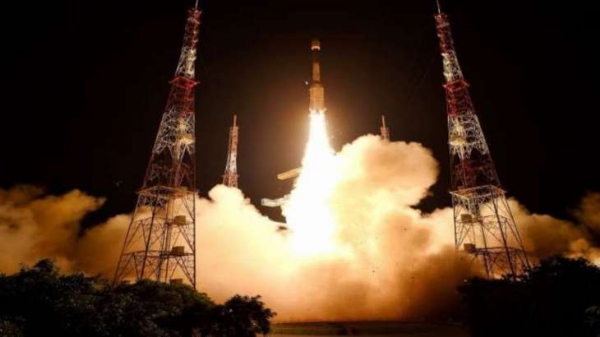NB Explains | Cabinet approves Indian Space Policy 2023; here is all you need about policy which will give great impetus to India’s race to space
07 Apr 2023 11:15:59
Opening new frontiers, and expanding the realms of India’s space sector, the union cabinet has approved the Indian Space Policy 2023, which will pave the way for more active participation from academia, start-ups & industry, remove bottlenecks and give great impetus to India’s race to space.

The policy also outlines the roles and responsibilities of ISRO, space sector PSU NewSpace India Limited (NSIL) and the Indian National Space Promotion and Authorization Center (IN-SPACe).
Union space minister Dr Jitendra Singh, made the announcement on Thursday, "The policy will offer clarity on the role of each of the space institutions. It will not just support various missions of the Indian Space Research Organisation (ISRO) but also enhance the participation of start-ups and industry. They will feel emboldened."
What is Indian Space Policy 2023
First of all, one should be noted that the policy is intended to boost shares of the Indian space market in the global space economy. The global space economy is currently valued at about USD 360 1 billion. Despite being one of a few spacefaring nations in the world, India accounts for only about 2% of the space economy.
As per the government, promoting the private sector will enable the Indian space program to remain cost competitive within the global space market, and thus create several jobs in space and other related sectors.
Under this policy, the strategic activities related to the space sector will be carried out by NSIL, a public sector undertaking under the Department of Space, which will work in a demand-driven mode.
This would be done by providing a level playing field and favourable regulatory environment for indigenous players, enabling ease of business through single-window mechanisms, with predictable timelines.
The government also plans to make national space infrastructure developed by ISRO over the years available for use by the private industry through a business-friendly mechanism. This includes facilities pertaining to testing, tracking and telemetry, launch pads, and laboratories, created by ISRO over the past six decades.
Reaction of ISRO chief
ISRO Chairman S Somanath told PTI that the focus of the Space Policy would be to increase the participation of the private players in the space sector. “The INSPACe, created recently, will be the interface between Indian Space Research Organisation and non-governmental entities,” Somanath said.
He said the policy also spells out the framework for the private sector to use ISRO facilities for a small charge and also encourages them to invest in creating new infrastructure for the sector.
Doc 20221125136001 by Yashwant Poojari on Scribd